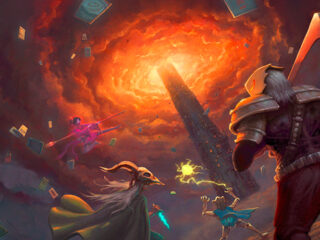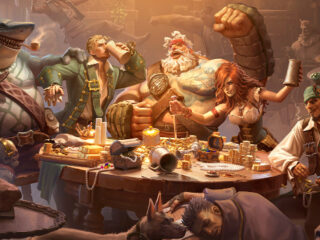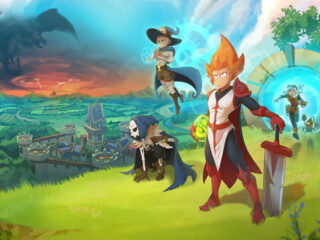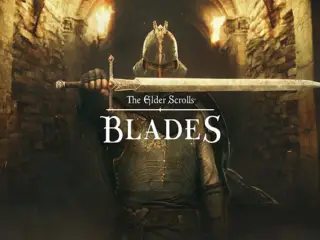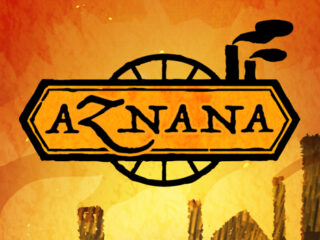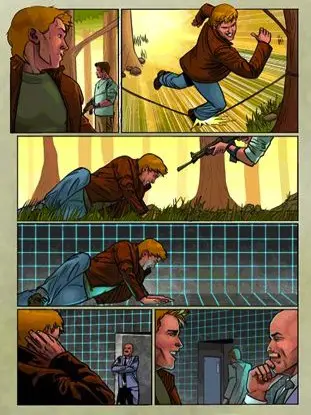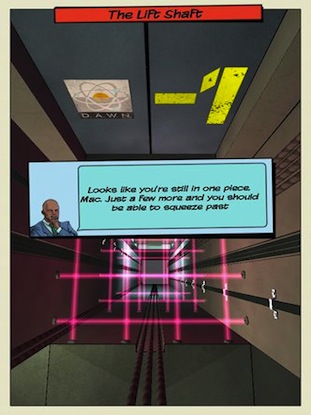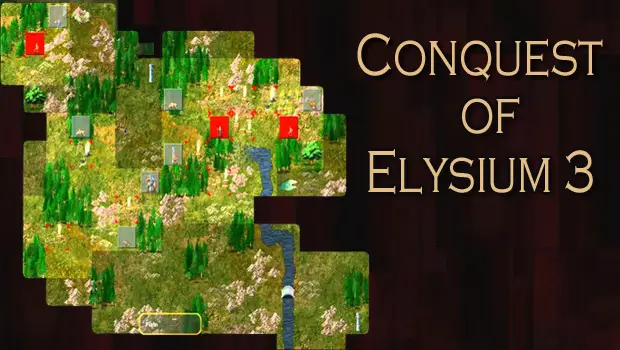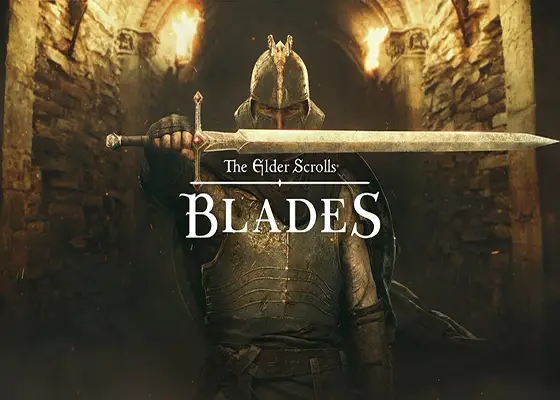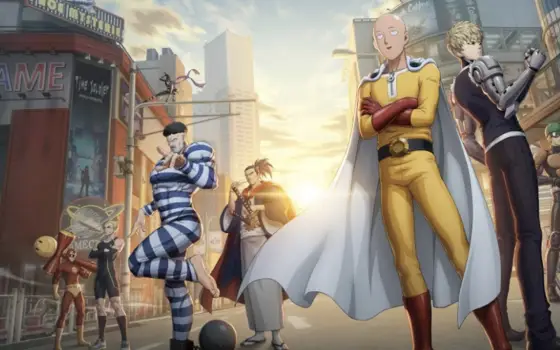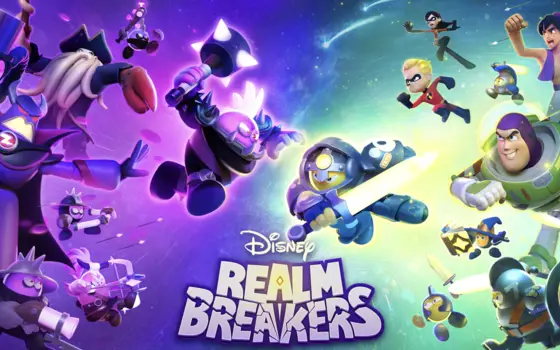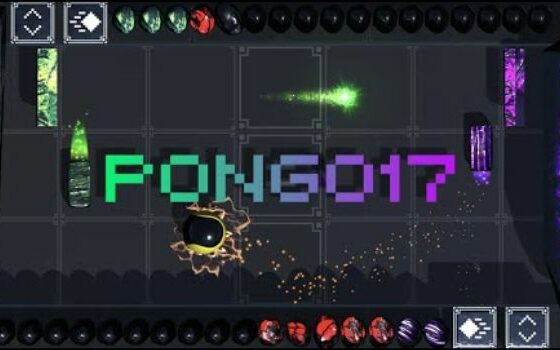 Even as far back as the Atari era, licensed games have had a poor reputation. The time constraints of coinciding with a release combine with forced shoehorning of subject matter in a way that seems like a formula for mediocrity. But MacGyver: Deadly Descent is different; it didn’t have to happen. The show hasn’t been on in decades – hell, it’s probably remembered more for its parodies than by people who watched it first hand at this point – so there’s no rush, and no need for this game to exist at all unless someone with real love for the franchise wanted to revive it. Or so one would think.
Even as far back as the Atari era, licensed games have had a poor reputation. The time constraints of coinciding with a release combine with forced shoehorning of subject matter in a way that seems like a formula for mediocrity. But MacGyver: Deadly Descent is different; it didn’t have to happen. The show hasn’t been on in decades – hell, it’s probably remembered more for its parodies than by people who watched it first hand at this point – so there’s no rush, and no need for this game to exist at all unless someone with real love for the franchise wanted to revive it. Or so one would think.
It’s not hard to envision how the ‘80s action series could translate to a fun and cheesy game – the name MacGyver is practically synonymous with the kinds of inventory combination puzzles that drive the adventure genre. But alas, no one has done that here. Instead, the entire license is used as the thinnest premise around which to string together a series of extremely derivative, wholly unoriginal logic puzzles, served up by the dozen.
The story is told through brief scenes comprised of panning across comic book pages, as if to forget that this was ever a TV show and not a comic in the first place. Our titular hero must infiltrate the DAWN facility to rescue those trapped inside, and in classic MacGyver fashion, he uses only his wits. In this case, that doesn’t mean crafty ingenuity but rather playing a pile of puzzle games, mostly designed to represent “hacking.”
You’ll have a pile of levels tossed in front of you, with two or three different types in each stage. You don’t have to beat all of them, so if you get stuck on one, you can simply switch over to one of the other puzzles types until you’ve completed your quota and the game decides to march forward with its story.
These puzzles follow just about every trope in genre. There’s a laser/reflector puzzle (a la Deflektor and countless derivatives since), a pipe/water puzzle (a la Pipe Dream or Pipe Mania), and a wholesale rip off of the mobile hit Flow. There’s even a block-pushing exercise in the vein of Sokobon, perhaps puzzle gaming’s most weathered puzzle style. MacGyver stops just shy of the sliding tile puzzle in its quest to dredge up every cliché in the book.
The puzzles themselves are not bad, really. They have a nice, gradual difficulty curve (although some types are harder than others), they’re seldom outright frustrating, and some of them may even feature some clever design. They’re realized with 3D graphics that are perhaps a notch above the simplistic 2D you’d find in many of their mobile analogs, although this does come at a price. Puzzles that involve dragging are not very responsive and feel a bit awkward, sometimes leading to frustrating botched moves, especially in the block puzzles where this can render a puzzle unsolvable without starting over.
These are classic, battle-tested puzzle formulae, and for the most part they work as well here as they have before. In this way, perhaps, Deadly Descent is not a terrible game, but bathes itself in mediocrity. It’s utterly unambitious, uninspired, and doesn’t even to manage to leverage the campy charm of its license to inject a personality into the milquetoast puzzle gauntlet. The result feels as flimsy as its hero’s duct-taped improvisations.
Is it Hardcore?
Nah.
Almost aggressively mediocre, MacGyver manages to be little more than a series of all-too-familiar puzzles strung together with some sparing comic book panels.

